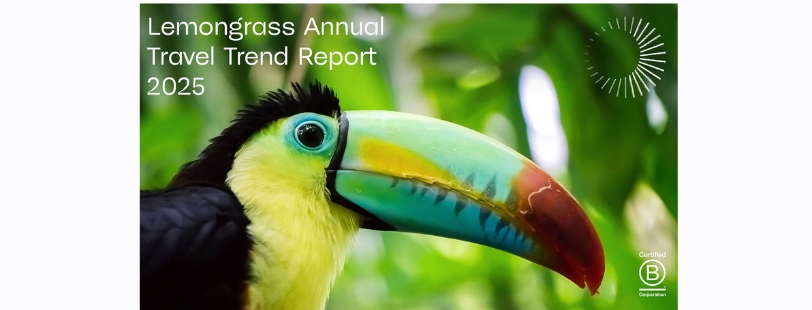
Tourists are less sensitive to higher prices in more crowded destinations
The research paper, published in the Journal of Travel Research, included one survey and two experiments. In addition to the main finding, the research also found that tourists rely more on their feelings rather than perceptions when making judgments under crowded conditions. tourist crowd
Implications for the tourism industry tourist crowd
The research has implications for the tourism industry and suggests that service providers should set pricing strategies or tailor promotions carefully. It may not be beneficial for service providers to reveal discounts because tourists are less sensitive to these price differences in crowded environments.
The study also shows that where service providers can manipulate available space to alleviate crowding (e.g., allocating the space between tables at restaurants), they may be able to influence tourists’ price perceptions.
Crowding is a widely observed phenomenon in the tourism industry, especially for destinations experiencing over-tourism. Much of the previous research in this area has centered on how destinations can manage this effectively. This study is the first of its kind to explore people’s sensitivity to price magnitude in the tourism domain.
Social distancing opportunities
Dr Yuansi Hou, Senior Lecturer in Marketing at Queen Mary University of London said: “In light of the current Covid-19 crisis, these findings have implications for holidaymakers and tour operators.
“Tourists are far less likely to pay attention to price discounts in more crowded areas but given the desire to socially distance, tourists may be more sensitive to prices in quieter areas, which includes discounts as well as price increases.”
The findings build on Dr Hou’s recent research which found that tourists who experience a range of emotions, both good and bad, enjoy a greater sense of well-being. tourist crowd









